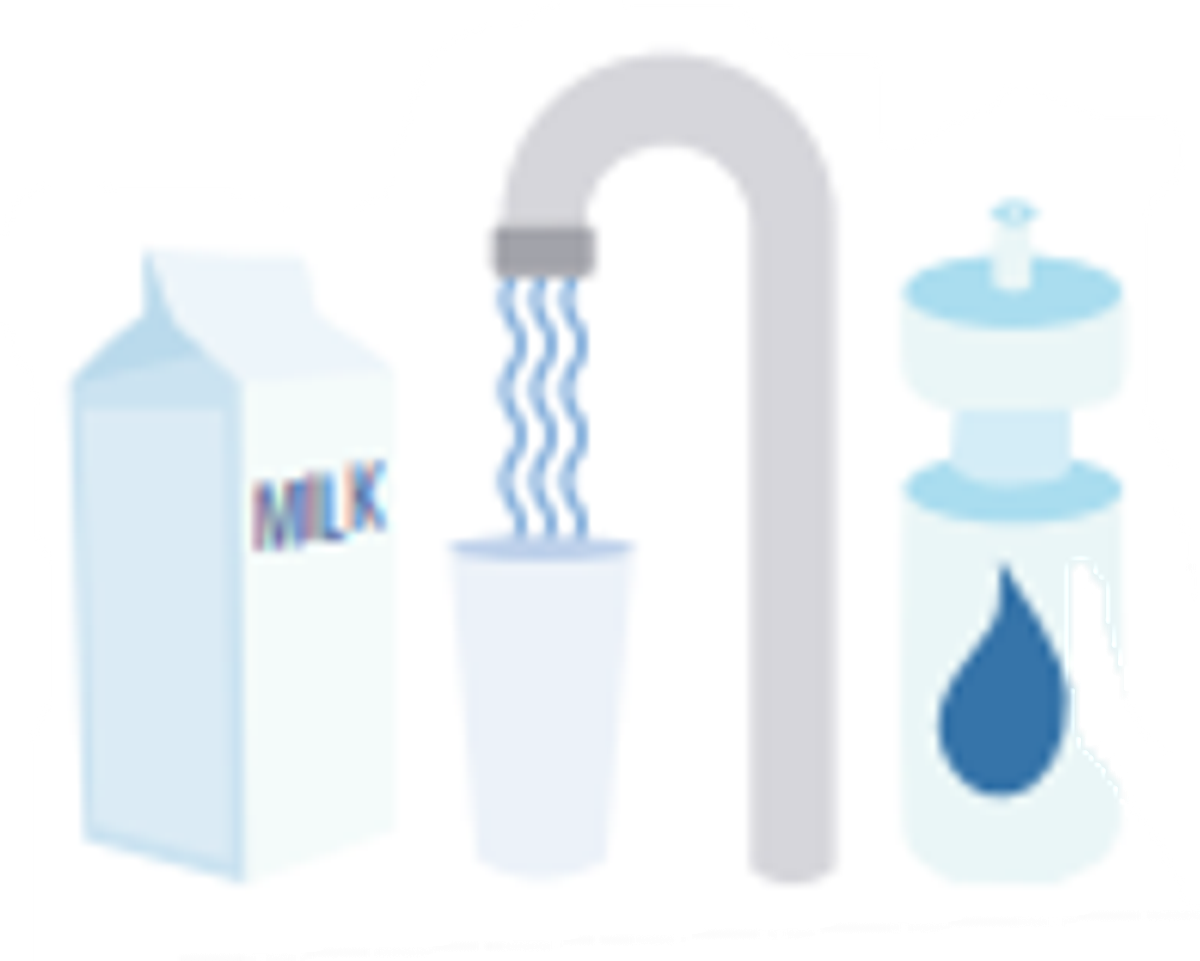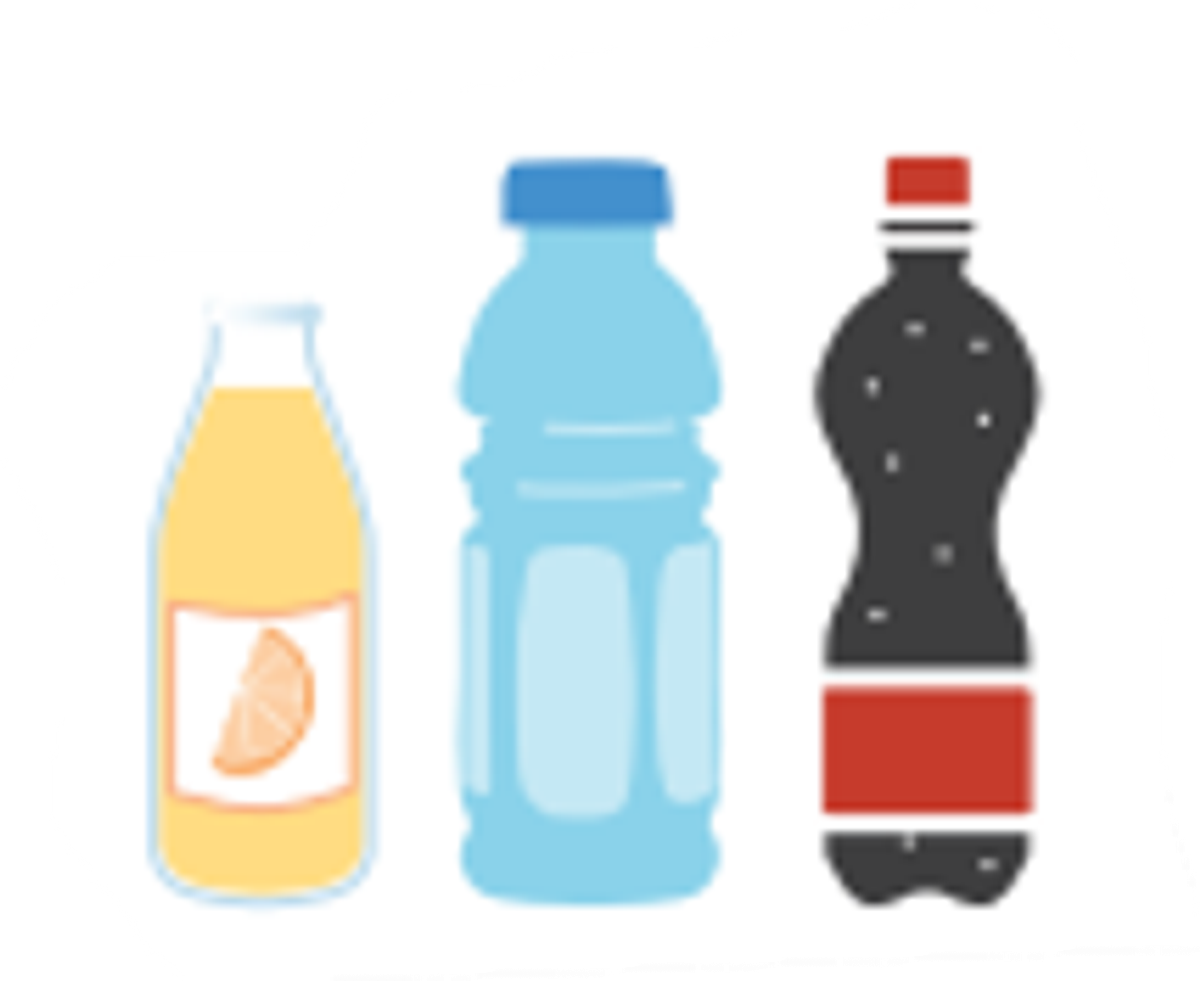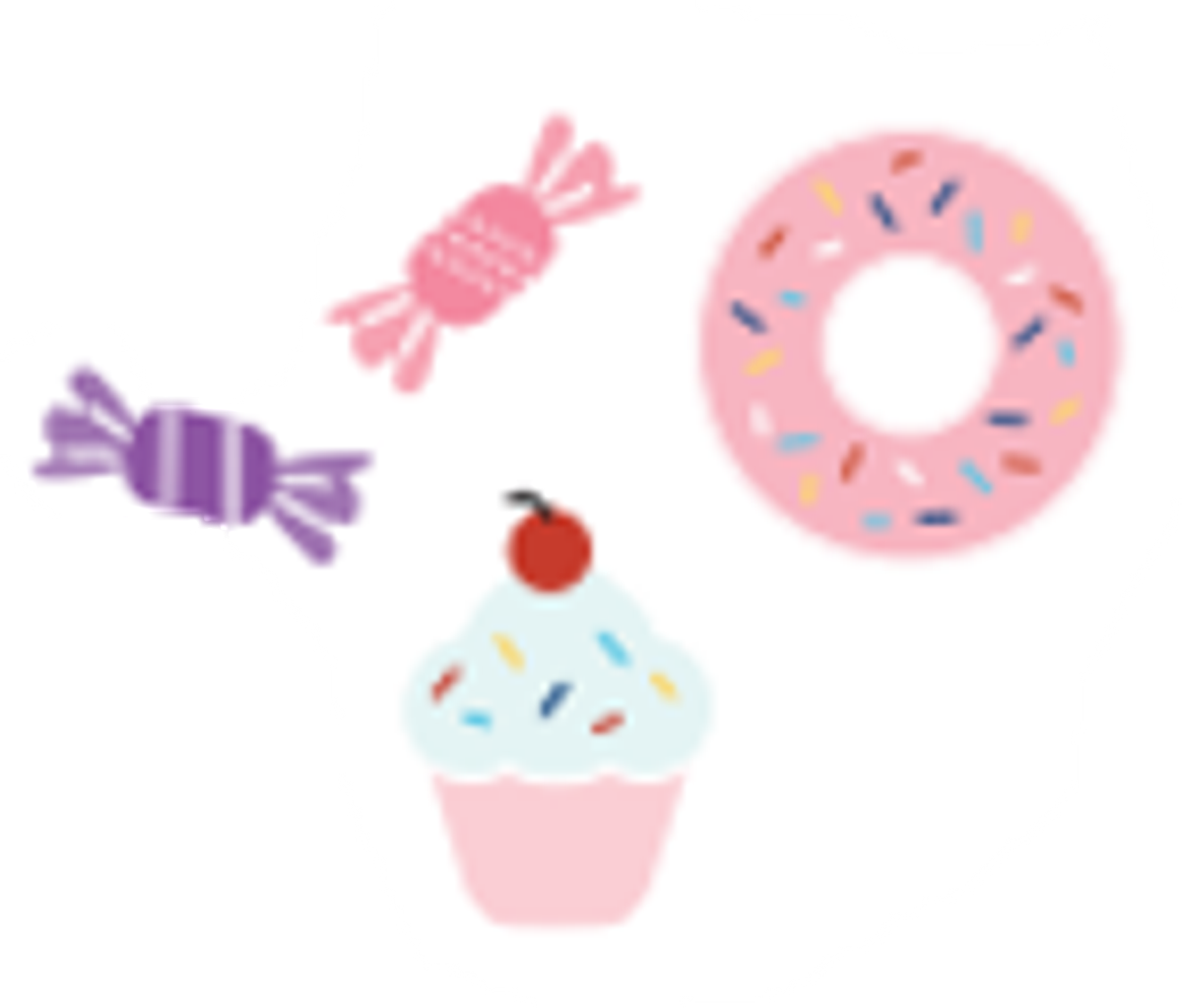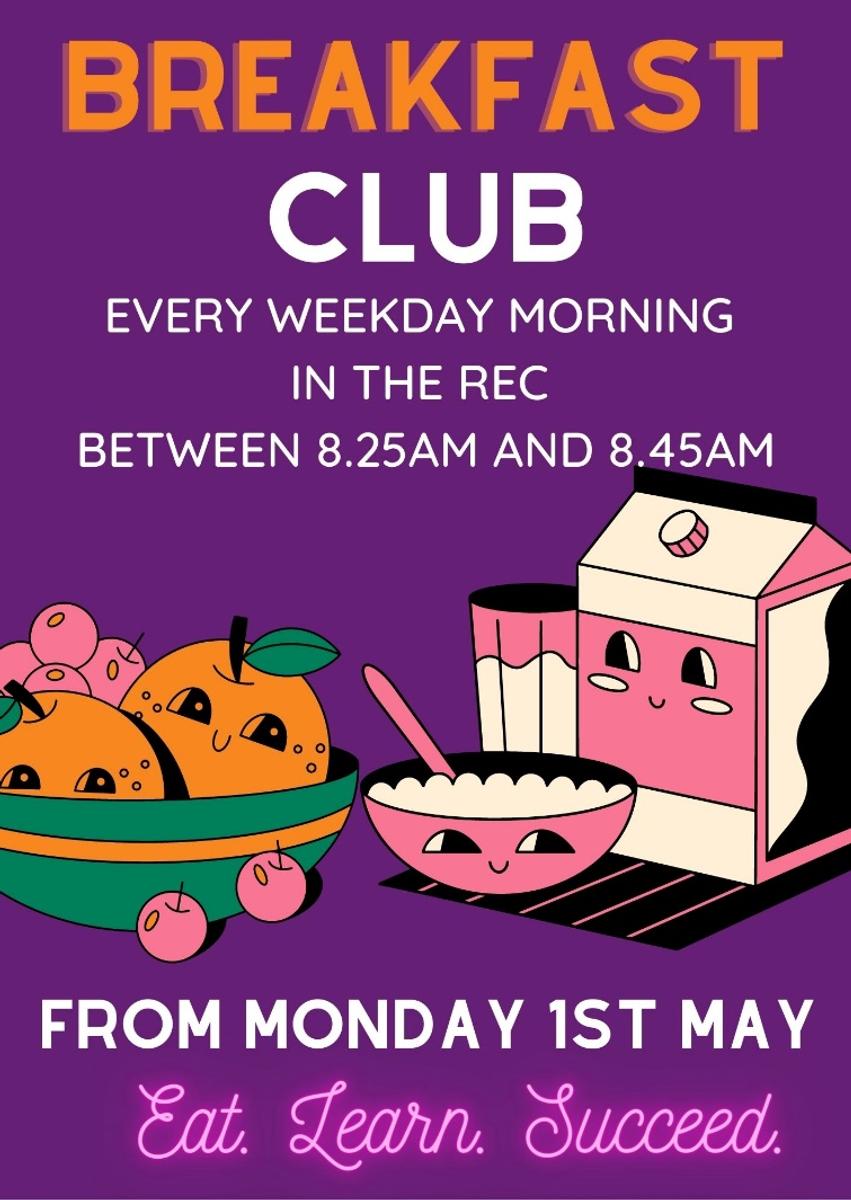Breakfast Club

EAT. LEARN. SUCCEED.
What we eat has an impact on our health and well-being, but it's particularly important for adolescents because they're going through this rapid period of growth and development. What they eat as teenagers will actually impact how they focus in the classroom, their current physical and mental health and also that in the future.
DRINK WELL
- Drink plenty of tap water.
- Eat fresh fruit instead of drinking fruit juice.
- Plain milk is better than flavoured milk.
Limit sometimes drinks:
- All fruit juices
- Soft drinks (including diet)
- Cordials
- Sports and energy drinks
- Fizzy and flavoured drinks
EAT WELL
Choose everyday foods:
- Fruit (fresh or frozen)
- Vegetables (raw, steamed and grilled)
- Grains, breads and cereals
- Cheese or plain yoghurt
- Lean meat, chicken, fish, lentils, baked beans, tofu and eggs
Limit sometimes foods:
- Sweet biscuits, cakes and doughnuts
- Chocolates, lollies and lollipops
- Ice cream and dairy desserts
Not all foods and drinks are nutritious and healthy, and the Australian Guide to Healthy Eating recommends that these should be consumed ‘only sometimes and in small amounts’.
Overall the average teenager consumes around 40 percent of their total energy from these unhealthy foods and drinks.
The reason people like the unhealthy foods and drinks so much is they're made to be appealing and tasty. They tend to be high in fat and sugar and lacking in fibre and protein, with this your child may experience a sugar high for a short time but then experience a sugar come down which may affect their mood and focus at school and in class.
How can parents help to develop healthy food habits?
Parents can help to gradually build healthy eating habits by creating a healthy food environment for their children.
Reduce the amount of cake, biscuits, soft drink and chips that are available at home. Instead cook a wide variety of vegetables and salads at main mealtimes. Buy whole grain bread, fill up fruit bowls for snacking and load the fridge with milk, yogurt and cheese.
A nutritious, calcium and fibre-rich breakfast every morning is key. It is also a great idea to encourage teens to cook with you. If they’re involved in preparing the vegetables or making the salad, or even making the main meal, they’re more likely to eat it.
On the rare occasion your child has forgotten their lunch, we encourage them to attend breakfast club or come see us at the wellbeing office.
For more information please visit Australian guide to healthy eating | Eat For Health
Resources:





